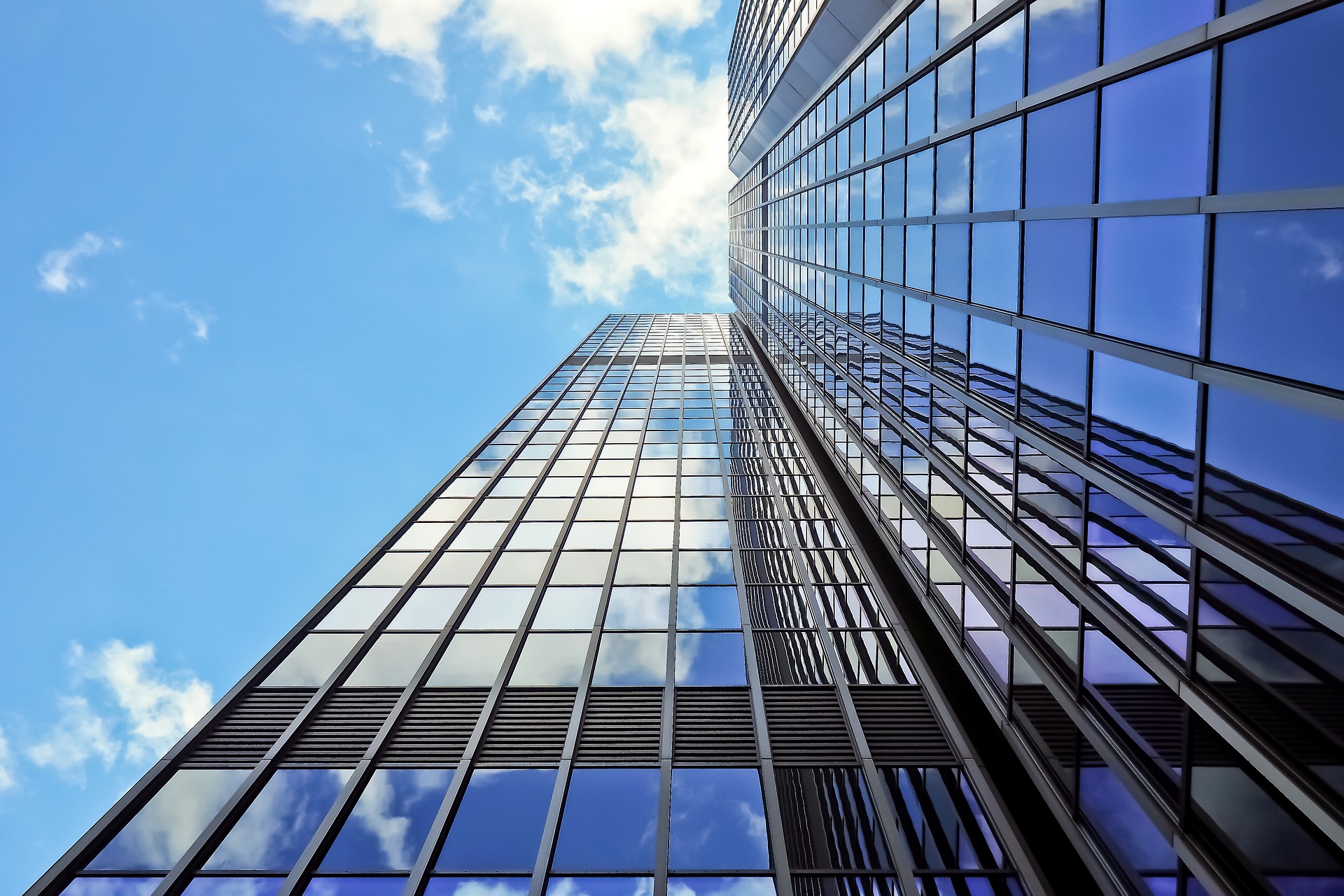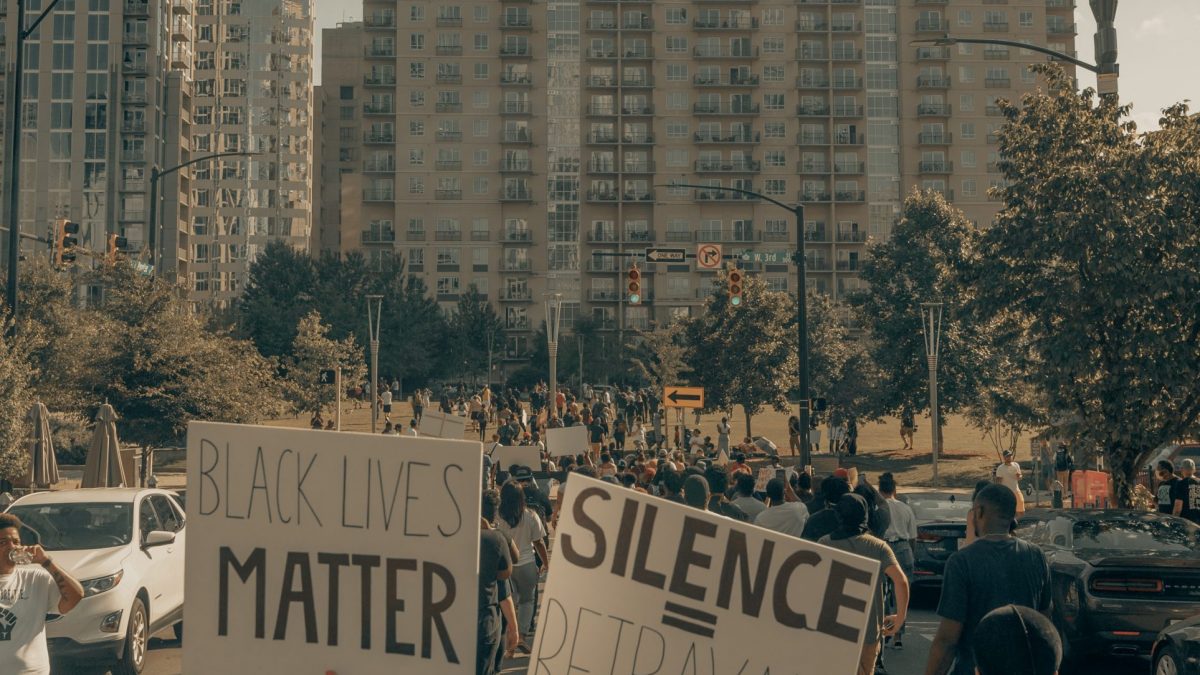
Has Covid-19 Been The Push Legal-Tech Needed?
August 13, 2020
Behind the wheel of the automobile industry’s biggest merger
August 14, 2020Article by Catherina Allen
As an introductory exercise, I would like you to ask yourself three questions: First, what rights, entitlements, and protections do you think individuals should be awarded? Second, what rights, entitlements, and protections are you actually given? And lastly, do you think that other people (be that family, friends, or strangers far afield) would have a similar answer to the previous questions?
Before diving into the body of this article, the notion of ‘fundamental human rights’ should be taken apart. Human rights are certain rights and the protection of such rights that are awarded to all people, regardless of personal conditions (be that wealth, race, sex, gender, place of birth, religion, etc.), merely by way of their status as a human being. But what entitlements and rights are considered ‘fundamental’? This is a question that many (if not all) readers would be able to provide an immediate and wide range of answers, for example, the right to live, the protection not to be harmed, the right to education, the right to a fair trial, the right to have their own opinions and the right to freedom to name a few. The list of rights and benefits that many privileged people consider ‘fundamental’ and believe that all people should be entitled to is extensive, covering a wide range of civil, political, and social rights.
However, returning to the questions asked at the beginning of the article- would other people in different situations regard such an extensive list of rights as ‘fundamental’? Or, would their list be a lot shorter and more restricted?
The recent BLM protests in America have shone a light on the differing notions of ‘fundamental’ human rights that exist between white people and non-white people within the USA and other similar countries. Many rights that white people have protected by way of ordinary life such as the right to life, the right not to be subject to torture or inhuman treatment, the right to liberty and the right to be treated equally are not enjoyed to the same extent by ethnic minority groups. The fact that this protection is simply the norm means that often no second thought is given by many to the fact that they are awarded such protection, and others do not. The brutal treatment of George Floyd by police officers is a clear example of minority groups’ continuing struggle to get protection for some of the most basic rights available to other groups. However, Floyd’s case, although the “poster” for the BLM movement, is only one in a long line: Sheku Bayoh, Adama Traore, Elijah McClain, Breonna Taylor…. The excessive force used by police, who are those we normally look to for protection, towards individuals from BAME backgrounds has resulted in many unnecessary deaths and highlights how the right to life, liberty, freedom from inhuman treatment and legal recourse (lack of investigations into the deaths or holding those responsible accountable) are human rights that cannot be regarded universally enjoyed.
Moreover, being in a position in which one is fighting for the most basic rights means that in comparison to someone that is safely assured protection for such rights your view of what is a ‘fundamental’ right will differ and be more restricted. Compare the following two people: one person lives comfortably in a large house that has running water, heating, and electricity. The other lives in a basic one-roomed shed. The latter would likely regard fundamental rights as the right to light, the right to be warm, the right to shelter, the right to have running water. However, as the former person already had these amenities then their interpretation as to what amounted to ‘fundamental’ rights would extend further- including things such as a right to a comfortable bed, a washing machine, right to individual space (meaning more than one room), etc. This is analogous to the situation between white people and non-white people. As white people can largely be seen to have the protection of basic rights their notion of what counts as a ‘fundamental’ right will stretch beyond the most basic civil and political rights to social entitlements such as a right to education. An interpretation not currently held by non-white people who are still fighting for their most basic rights to be protected and recognised.
The difference in protection and treatment afforded to the white populous in comparison to the non-white sections of society is often regarded as ‘white privilege’. However, this should not be the case and it is a detrimental view to hold. The term ‘privilege’ has the connotations of additional benefits or a ‘special advantage’ over others. Not only is this the wrong way to view fundamental human rights which should be viewed as the ‘norm’ and morally right principles to uphold. But it also brings the danger that to enforce equality these ‘special’ rights could be taken away or reduced from some rather than raising and improving the circumstances and rights protection of ethnic minorities.
Many of the fundamental Human Rights referenced throughout this article are codified and recognised as such in the Universal Declaration of Human Rights which was accepted by the UN’s General Assembly in 1948 to which the USA was a signatory and has an international obligation. Recent events connected to the BLM movement have shown an affront to this declaration on two grounds.
First, the general treatment of ethnic minorities by police and lack of protection of their rights amounts to affront on many key articles within the declaration, in summary: Article 3 Right to life, liberty and security; Article 8 Right to an effective remedy for a violation of such rights. And the differing treatment between races further breaches the international obligation: Article 1,2 and 7 reinforces the equal entitlement of all people to the rights set forth in the document without any distinction or discrimination.
Second, the response to many of the peaceful protests which include armed police, tear gas and excessive use of force further breaches Article 20: “everyone has the right to freedom of peaceful assembly and association”.
Even within relatively privileged Western societies, there is still a differing protection of rights between whites and non-whites which results in differing interpretations as to what counts as fundamental human rights. These problems have been brought to the surface by the recent BLM protests as well as the lack of adherence of the USA to its international obligations in upholding the UN declaration of Human Rights.





